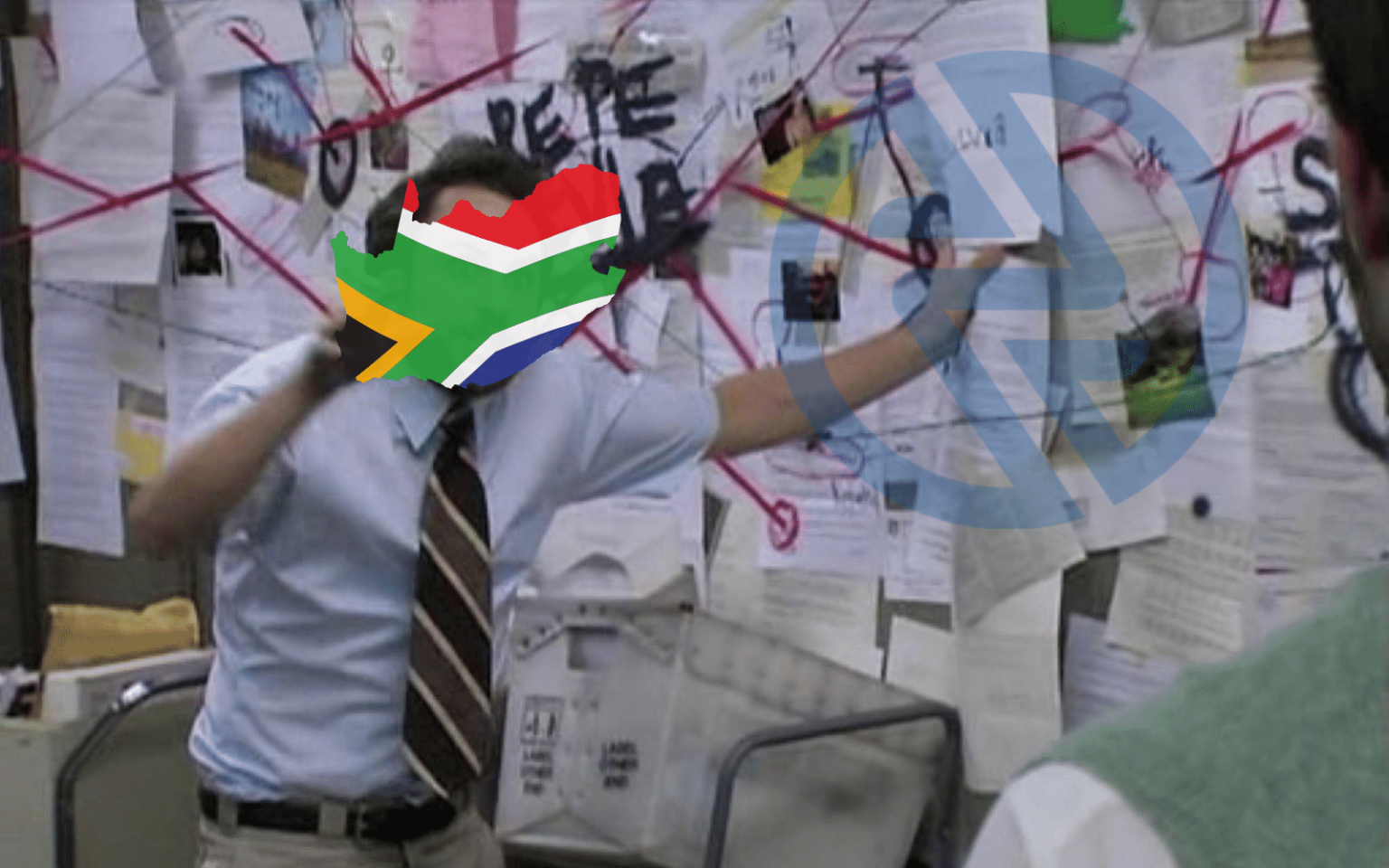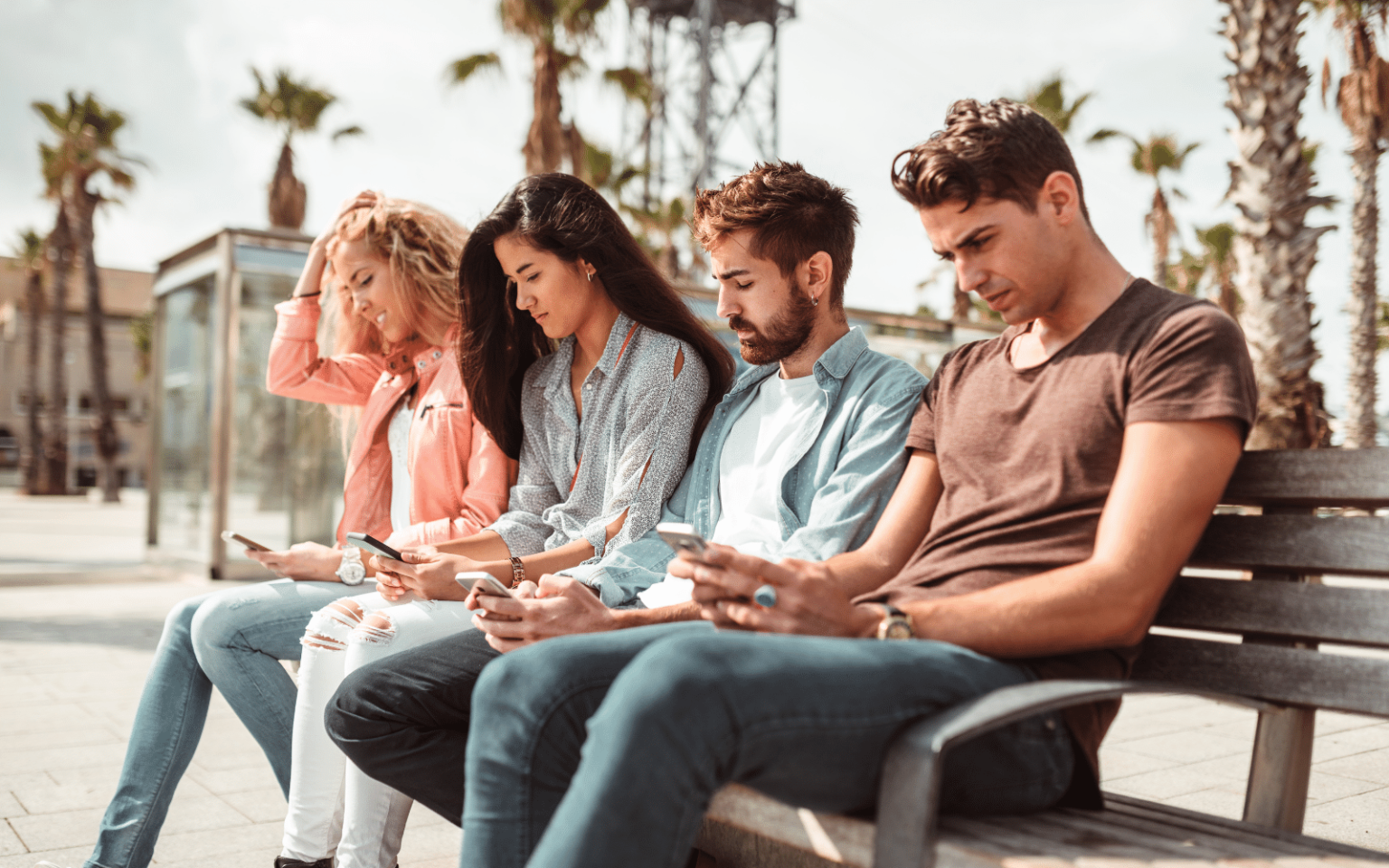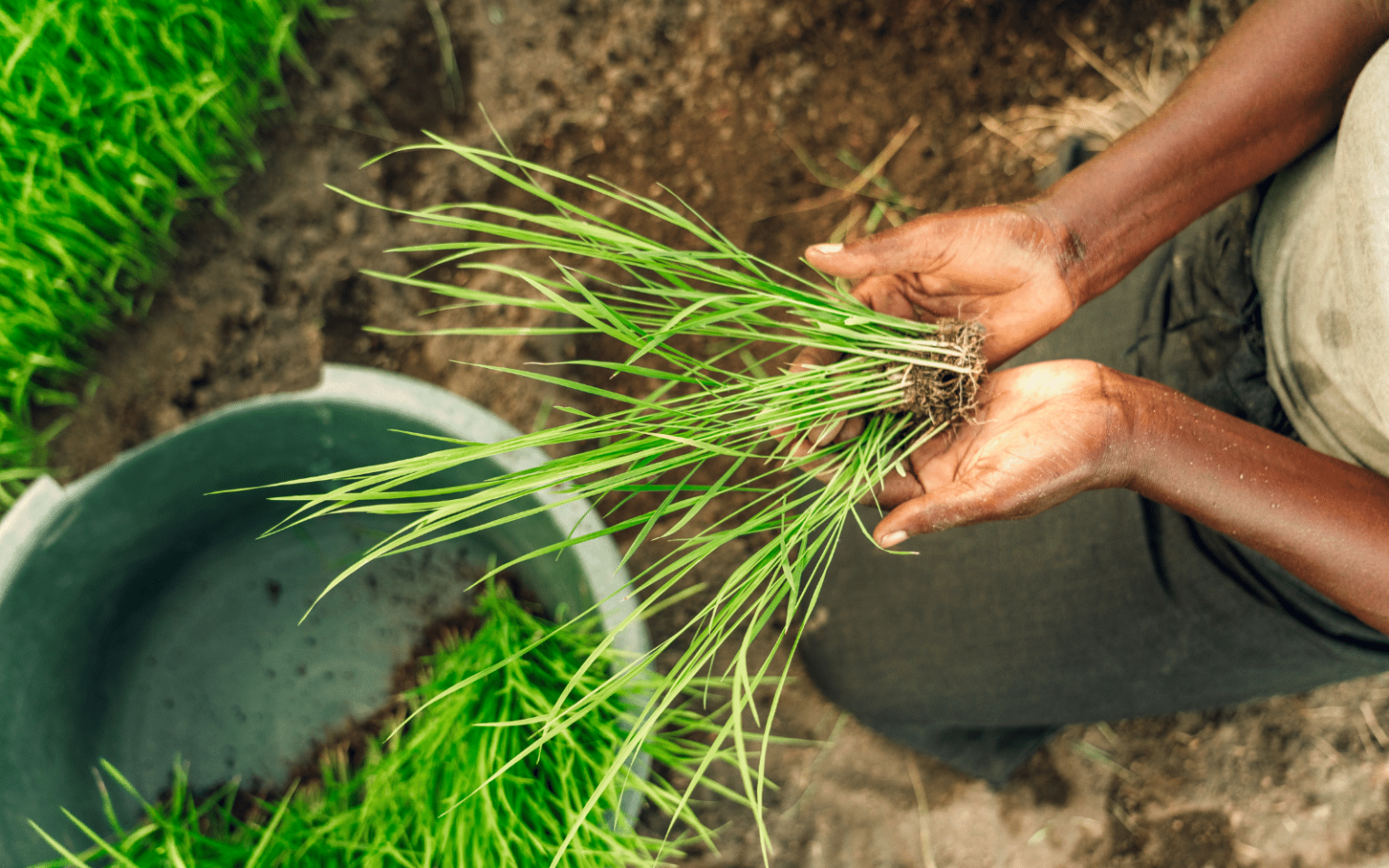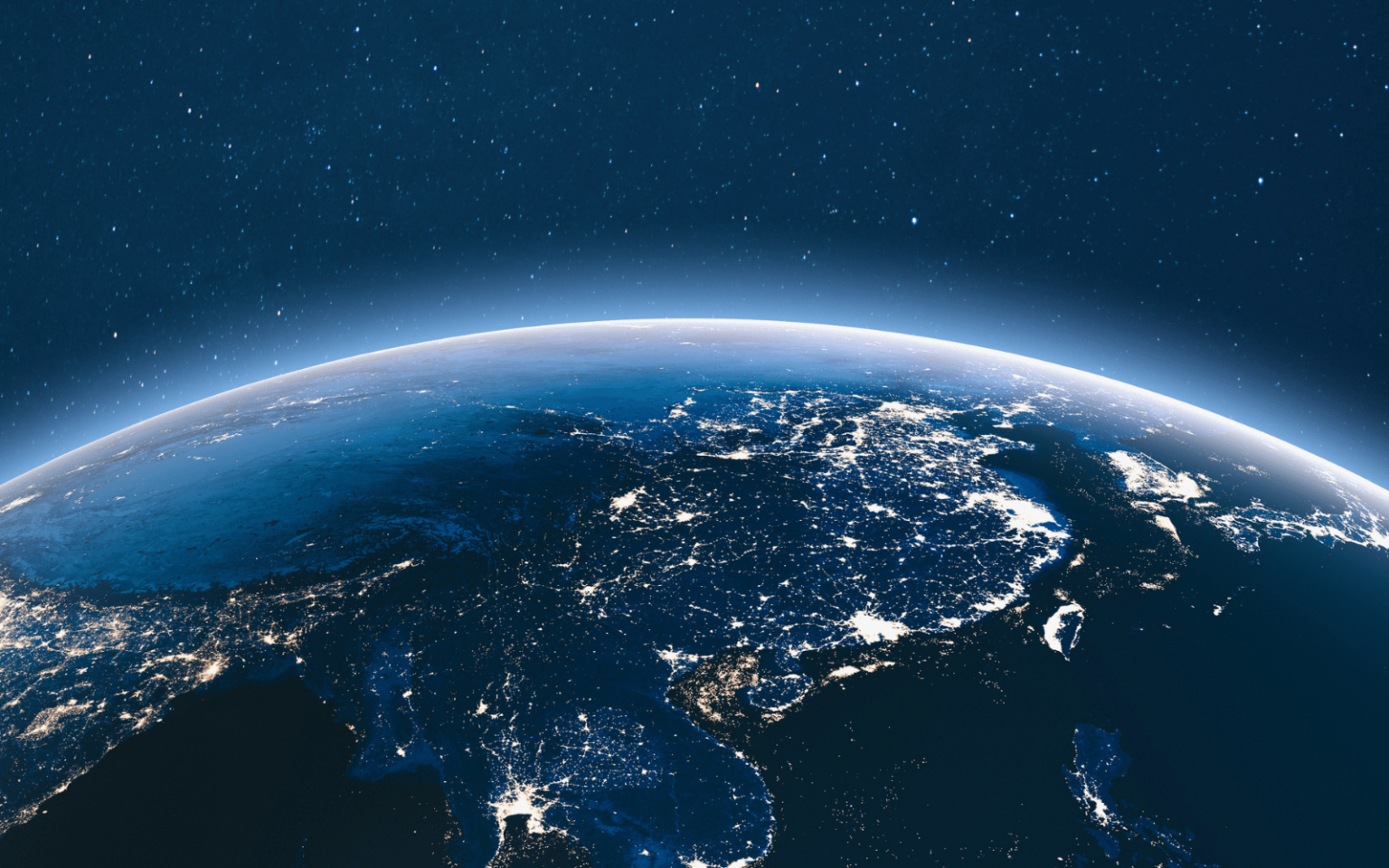As the new Premier League football season gets underway, a few things are certain. There will be goals, drama and excitement, and unfortunately, players will be subjected to vile abuse on social media. My colleagues at the Alan Turing Institute and I have published a report, commissioned by Ofcom, in which we found that seven out of ten Premier League footballers face abuse on Twitter. One in 14 receive abuse every day. These are stark statistics, with huge implications for player welfare. Other analysis has revealed a high rate of online abuse, particularly racist abuse, of footballers that has gone largely unchallenged by football governing organisations. Mental…
Author: The Conversation
There’s been outrage from some quarters in South Africa about reports that the power utility Eskom and some municipalities intend to increase the connection fee for electricity users who also generate their own power. A number of commentators – including the executive director of the Presidential Climate Commission – have also criticised the idea even though Eskom has said that no such proposal has been tabled officially. We take a contrary view, for two main reasons. Firstly, we believe that grid connection fees are crucial to protect the finances of both Eskom and municipalities. Secondly, they are needed to support the ‘just transition’ to which the South African government…
South Africa’s ruling party recently proposed establishing a second state-owned power company. The purpose is to offset the “grave strategic risk” of relying on Eskom, the country’s monolithic state-owned utility. Some 15 years of poor operational and financial performance, and disruptions to the nation’s electricity supply, led President Cyril Ramaphosa to speak of a “spectacular calamity” facing the nation should Eskom fail as a corporate entity. In his July address to the 15th National Congress of the South African Communist Party he said Eskom had been operating according to a model that is no longer suited to the technology or the economic conditions…
In Sept. 2020, The Guardian published an opinion piece written by a program. The artificial intelligence, called GPT-3, is a large language model developed by OpenAI, and it posed a bold question in the headline of its machine-generated text: “A robot wrote this entire article. Are you scared yet, human?” Indeed, it is a scary time to be a professional writer. Earlier in 2020, Microsoft laid off journalists to replace them with a writing AI. And as AI language models get increasingly better, researchers are claiming that soon, AI-generated text will be indistinguishable from that written by a person. Our research team at…
In the early days of the COVID-19 pandemic, I had an unfortunate Saturday routine. I would wake up in my studio apartment and immediately turn to my phone, telling myself that I would get breakfast after quickly checking Twitter. An hour or so later, I would look up and realize what time it was – and how ravenous I’d become. I had become totally absorbed in looking at memes, snark and the 24 hour news cycle. This experience sparked an idea: What if, instead of people becoming “addicted” to social media – as users often characterize their excessive engagement – they’re actually dissociating,…
Many autistic people experience difficulties in expressing their emotions. This can result in increased anxiety, depression, anger and physical health problems. Research shows autistic adults are significantly more likely to experience depression and anxiety than their peers. Imagine a future, where technology could help people regulate their emotions and alert them to sensory overload before they became overwhelmed. An increasing number of technological solutions, that aim to help people regulate their emotions are being developed for autistic people. And some autistic people are adapting technology such as digital heart rate monitors to try and track their stress levels. Many studies have explored…
One of the hardest decisions a government must make is who to support with the limited public funds at its disposal. In recent years the largest countries in sub-Saharan Africa have spent between 14% and 26% of combined annual public expenditures on agriculture. This reflects the fact that governments have prioritised access to fertiliser for rural smallholders. The purpose of the programmes is to support smallholders so they can supply the growing food needs of the continent. However, governments’ budgets are limited and fertiliser prices are increasing. As fertiliser programmes become more costly, what should governments do? In a recently published paper I set out…
Despite the best efforts of clinicians and researchers for decades, we still do not fully know why some people develop mental disorders and others do not. However, changes in the brain are very likely our best clues to future mental health outcomes. The adolescent brain is particularly important in this pursuit as changes during this period are rapid and dynamic, sculpting our individual uniqueness. Furthermore, most mental disorders emerge during adolescence, with more than half occurring by 14 years of age, and three quarters by age 25. By monitoring and tracking brain changes as they happen, we can tackle emerging mental health problems…
One aspect of Nancy Pelosi’s trip to Taiwan that has been largely overlooked is her meeting with Mark Lui, chairman of the Taiwan Semiconductor Manufacturing Corporation (TSMC). Pelosi’s trip coincided with US efforts to convince TSMC – the world’s largest chip manufacturer, on which the US is heavily dependent – to establish a manufacturing base in the US and to stop making advanced chips for Chinese companies. US support for Taiwan has historically been based on Washington’s opposition to communist rule in Beijing, and Taiwan’s resistance to absorption by China. But in recent years, Taiwan’s autonomy has become a vital geopolitical interest…
Atomic clocks, combined with precise astronomical measurements, have revealed that the length of a day is suddenly getting longer, and scientists don’t know why. This has critical impacts not just on our timekeeping, but also things like GPS and other technologies that govern our modern life. Over the past few decades, Earth’s rotation around its axis – which determines how long a day is – has been speeding up. This trend has been making our days shorter; in fact, in June 2022 we set a record for the shortest day over the past half a century or so. But despite this record,…









